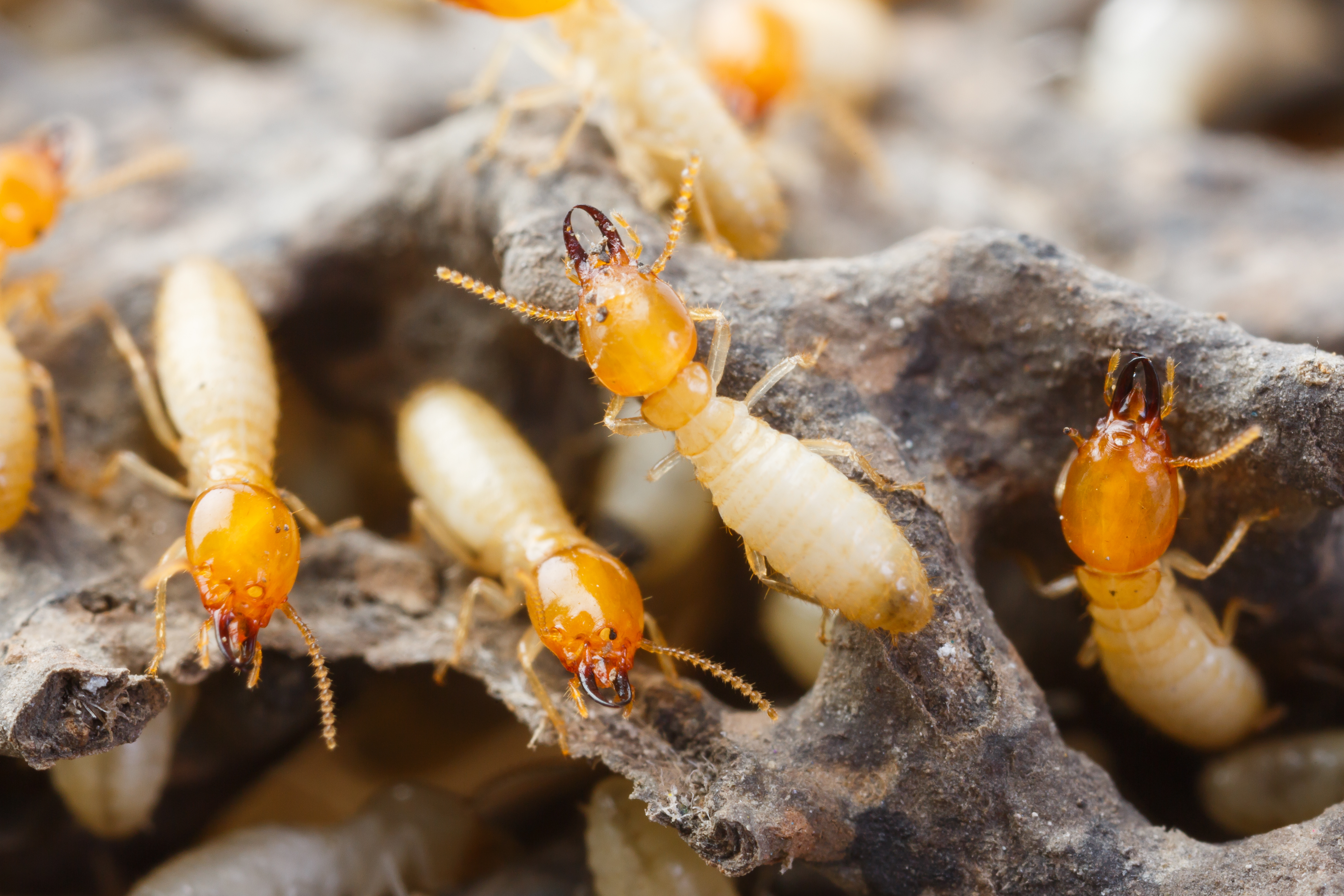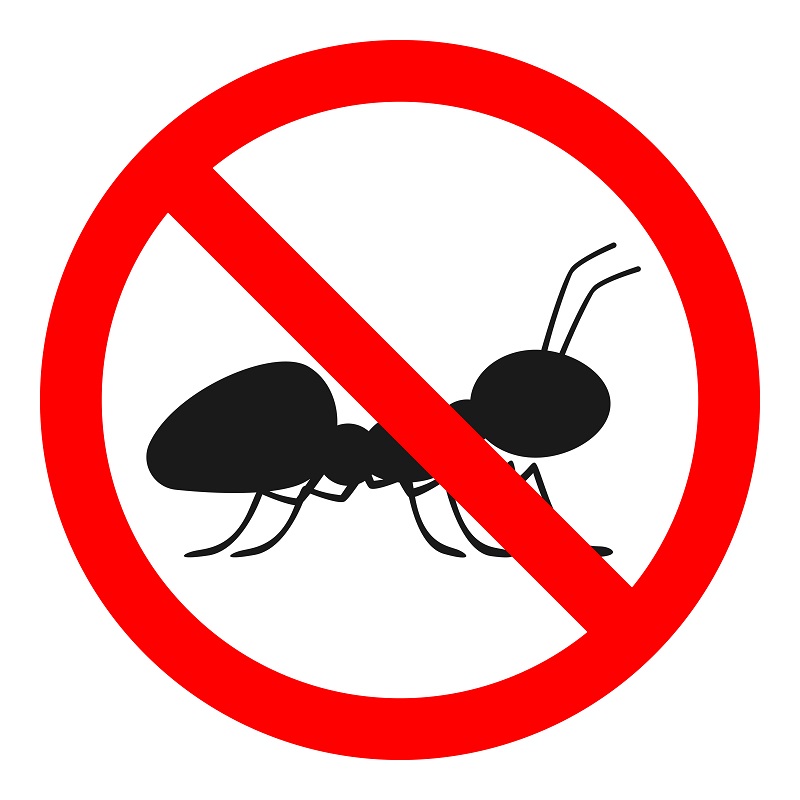Ecological Influence of Bug Control: Harmonizing Efficiency With Sustainability
The ecological impact of insect control is a critical problem that calls for a fragile balance between attaining performance in guaranteeing and managing parasites sustainability of our communities. From the use of dangerous chemicals that leak into our dirt and water to the unplanned repercussions on non-target varieties, the repercussions of traditional pest control practices are significant.
Damaging Chemicals in Bug Control
The utilization of harmful chemicals in parasite control postures substantial ecological and wellness threats that require cautious consideration and mitigation strategies. Insecticides, herbicides, and chemicals are commonly utilized to remove parasites, yet their prevalent application can result in unplanned repercussions. These chemicals can contaminate soil, water resources, and the air, affecting not only the targeted parasites however also beneficial insects, wildlife, and people.

To deal with these risks, integrated bug management (IPM) strategies are being advertised as a much more sustainable option. IPM entails a mix of methods such as biological control, habitat control, and the targeted usage of chemicals as a last option (ant control salisbury nc). By adopting an all natural approach to pest control, we can lessen the ecological and health influences related to dangerous chemicals while efficiently handling pest populations
Effect on Non-Target Species
Considering the unplanned repercussions of bug control approaches, the influence on non-target species is a critical aspect that requires thorough evaluation. While pest control procedures intend to target details bugs, various other organisms in the environment may be unintentionally influenced. Non-target types, consisting of useful bugs, birds, mammals, and even plants, can endure straight or indirect injury from chemical applications or organic control techniques.
Chemicals can have lethal or sub-lethal impacts on non-target types. For instance, insecticides designed to fight a specific insect bug may harm pollinators like bees or natural killers such as ladybugs. Additionally, chemical residues can accumulate in the environment, impacting non-target organisms with time. Organic control agents, if not species-specific, can pose risks to unintentional targets, disrupting the eco-friendly equilibrium.
To alleviate the influence on non-target species, integrated bug administration (IPM) methods that highlight an all natural method to pest control are advised. These methods prioritize the use of eco-friendly techniques, reducing injury to beneficial microorganisms while properly managing pest populations. Conducting complete threat evaluations and keeping an eye on the end results of bug control initiatives are essential steps in securing non-target varieties and advertising general ecosystem wellness.
Dirt and Water Contamination
Unplanned ecological repercussions of bug control methods prolong past impacting non-target varieties, with significant implications for dirt and water contamination - termite control services. Pesticides, herbicides, and chemical fertilizers used in pest control can leach into the soil and pollute groundwater, posing a risk to both marine and earthbound communities.
Water contamination is another essential issue connected with parasite control practices. To minimize soil and water contamination from bug control tasks, integrated insect monitoring methods that prioritize sustainability and decrease chemical inputs are essential.
Air Air Pollution From Chemical Use
Exposure to airborne chemicals during agricultural applications poses a significant concern for air contamination control measures. In addition, chemical drift, where chemicals are lugged by the wind to unintended areas, can lead to the contamination of nearby ecosystems and water bodies.

Approaches for Lasting Parasite Control
In the world of farming methods, carrying out lasting pest control strategies is extremely important for keeping eco-friendly equilibrium and securing crop returns. Lasting insect control stresses making use of eco-friendly techniques to take care of insect populaces efficiently while minimizing injury to non-target organisms and ecosystems. Integrated Parasite Administration (IPM) is a commonly adopted method that incorporates organic, cultural, physical, and chemical control approaches to accomplish lasting parasite monitoring options.
Crop rotation and diversification are additionally efficient strategies to interfere with pest life cycles and develop less desirable problems for insects to grow. Ultimately, by integrating these sustainable parasite control methods, farmers can accomplish a balance between pest monitoring efficiency and ecological stewardship.
Verdict
Finally, the ecological effect of parasite control approaches need to be thoroughly considered to stabilize efficiency with sustainability. Hazardous chemicals utilized in pest control can lead to soil and water contamination, air contamination, and damage non-target species - ant control. It is important to implement sustainable insect control techniques to decrease these adverse impacts on the setting and advertise a much healthier community for future generations
By taking on an alternative strategy to pest control, we can decrease the environmental and wellness influences linked with damaging chemicals while properly taking imp source care of pest populaces.

To alleviate the air pollution created by pesticide usage, it is essential to adopt incorporated parasite administration strategies that prioritize the use of non-chemical pest control techniques, such as plant rotation, all-natural predators, and resistant plant ranges. Lasting pest control highlights the usage of environmentally friendly techniques to take care of bug populaces successfully while reducing damage to non-target organisms and communities. Integrated Bug Management (IPM) is a commonly taken on approach that incorporates organic, cultural, physical, and chemical control approaches to accomplish lasting pest administration services.